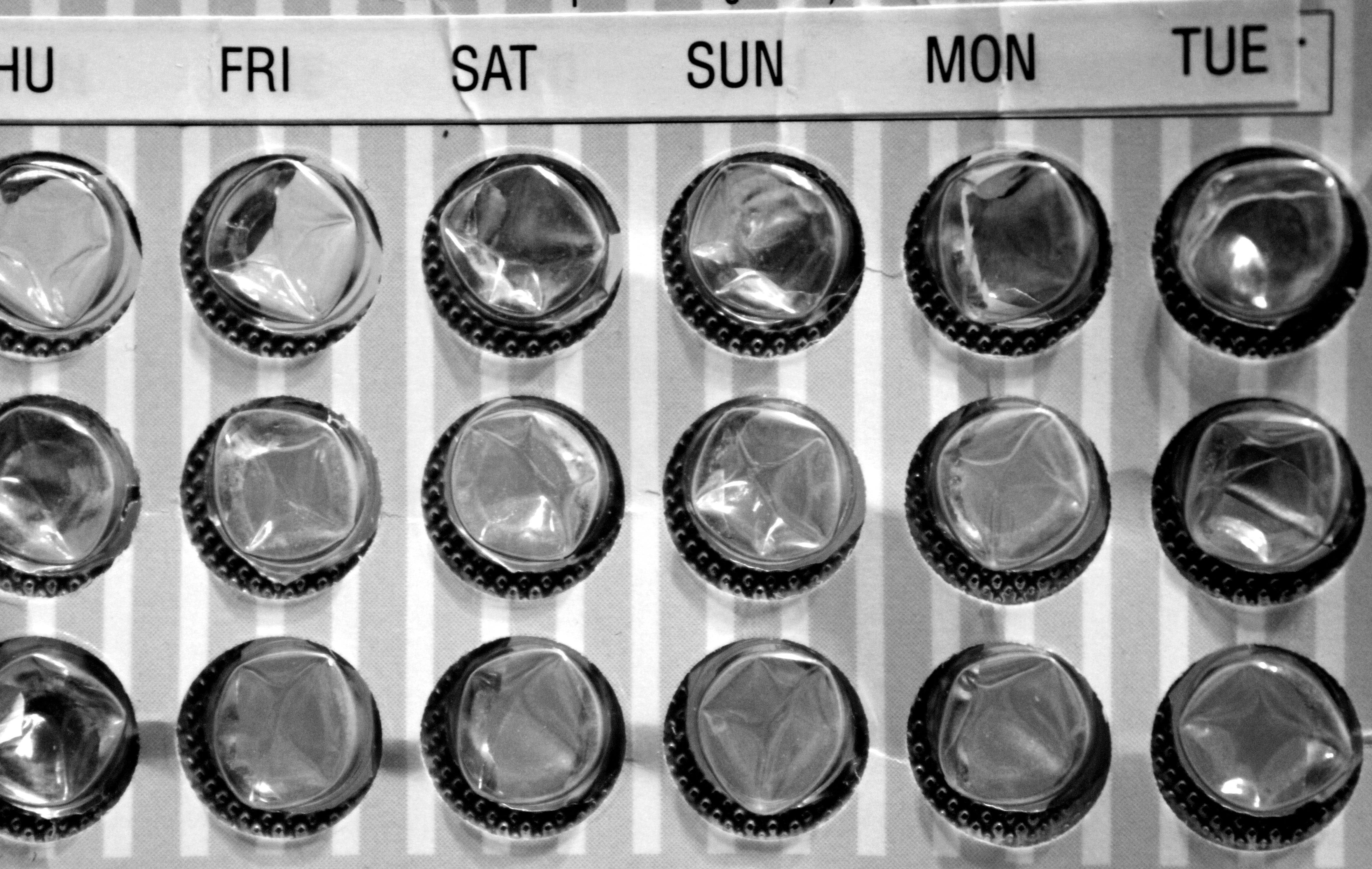5 Easy Ways to Deal With Your Period in the Backcountry

'Monik Marcus'
So you’re planning to hike a long trail and wondering what to do about your period. If you’re hoping to avoid packing in pads and tampons and packing out period trash, we’ve got options for you. And as it turns out, there are quite a few: We checked in with gynecologist Maura Lofaro, of Gros Ventre OBGYN in Jackson Hole, for her thoughts on caring for—and even avoiding—your period while on the trail. And we double-checked Leave No Trace guidelines to be sure you’re on the right track.
Use a menstrual cup.
Your first few tries with this might be messy, but trust us, you’ll get the hang of it. Menstrual cups are exactly what they sound like—flexible cups that collect blood so you can just pour them out, rinse, and replace. Disposable versions can be packed out and tossed, but the most eco-friendly option is a reusable one like the Diva Cup. Leave No Trace suggests packing out blood in a bottle until you find an appropriate trash receptacle, but if that’s not feasible, you can usually treat blood the same way you’d dispose of other human waste: Dig a cat hole at least six inches deep and 200 feet from water sources and bury it.
Skip your period with the pill.
The easiest way to avoid packing out waste from your period is to just skip it. Yes, it’s safe and doctor-approved. If you’re taking birth control and notice that your period is coming up at an inconvenient time, skip the placebo pills and start a new pack, Lofaro says. Many of her patients regularly skip their periods this way and never take the placebo pills. This is safe because the “period” you have when you’re on the pill isn’t actually a real period. It’s technically “withdrawal bleeding,” caused by an absence of the hormones you’re taking while on birth control, so it’s safe to skip your period in this way long-term. “When you’re on the pill, the period you have is completely medically manipulated,” Lofaro says. The three weeks on, one week off method has been around for decades because the pill’s original engineers didn’t want people to freak out about “missed” periods.
If you’re going to skip your period this way, check first to make sure your pill is monophasic, or that each dose is the same every day. If you take a pill with a dosage that changes weekly, consult with your doctor for advice before trying this method.
Skip your period with an IUD.
“Another great way to manage your period, for women who spend lots of time in the backcountry, is a progesterone IUD,” Lofaro says. IUDs, or intrauterine devices, like Mirena and Kyleena, are inserted by a medical professional and can stay in place for up to 6 years. It’s not guaranteed, but they do often eliminate periods or result in very light, infrequent bleeding. If you’re considering an IUD for an upcoming trip, Lofaro suggests planning ahead and having one inserted at least a full month before you depart. The first few weeks with an IUD are often accompanied by unpredictable spotting, and for some women it can take a couple of months for their period to change significantly or stop.
Use “period panties.”
If you’re willing to do some backcountry laundry, period underwear like Thinx or Knixwear might be what you’re looking for. These underwear are specially designed to absorb as much blood as up to two pads or tampons. At home, you rinse them in the sink before tossing them in the laundry with all your other clothes. In the backcountry, consider bringing along a drybag or Scrubba ($55, thescrubba.com) as a portable, makeshift washing machine (dig a sump hole for graywater). Keep in mind that absorbent undies take longer to dry, even hanging off your pack in the sunshine, so you’ll likely want a few extra pairs.
Use applicator-free tampons.
Cut your tampon waste (and hygiene kit weight) in half by using applicator-free tampons like o.b. Instead of using a plastic or cardboard applicator, you use your finger to insert them. Be sure to clean your hands before insertion. It does take some getting used to, but it’s a lot easier than it sounds.
Leave No Trace suggests packing out tampons and pads in zip-top baggies or water bottles covered in duct tape, which both reinforces the plastic and keeps it opaque. Don’t worry, you’re not going to get eaten by a bear. Promise. (Well, unless your hiking partner is BACKPACKER editor Corey Buhay. Can’t help you there.) But if you’re going long stretches between dumpsters and your trash bag starts to reek, Leave No Trace suggests using crushed aspirin or tea bags to neutralize the smell.